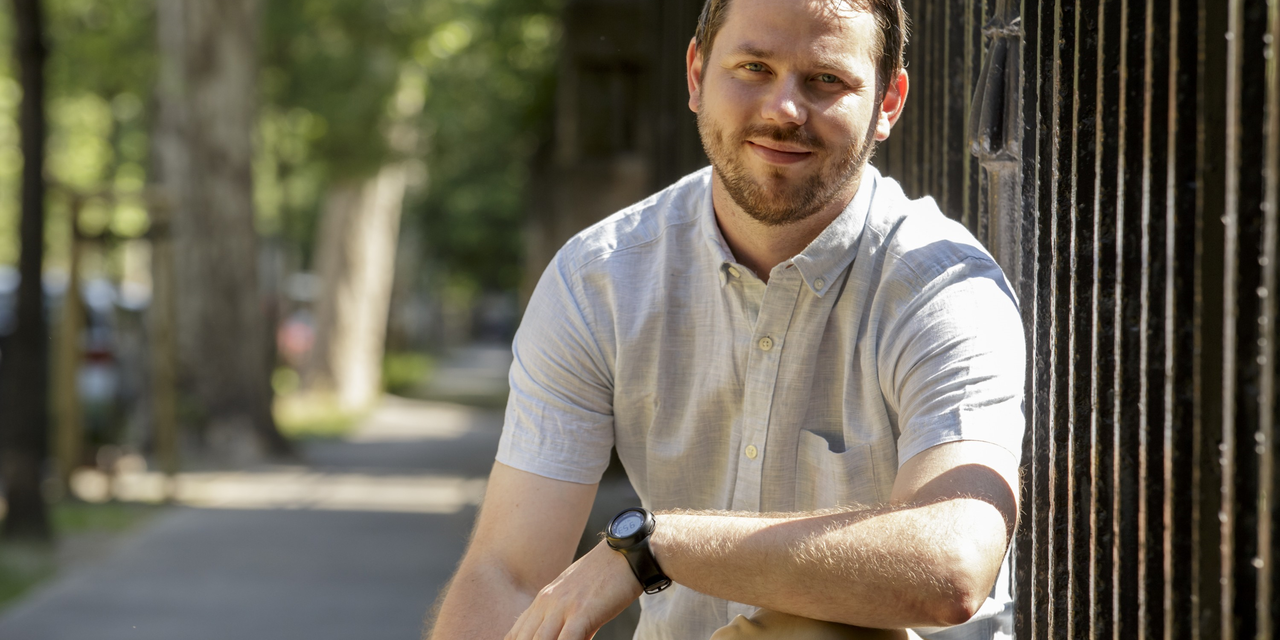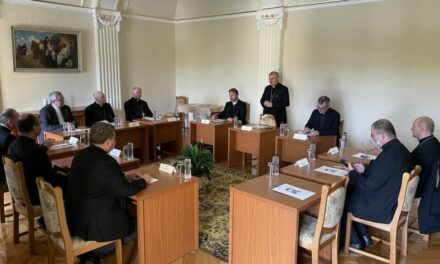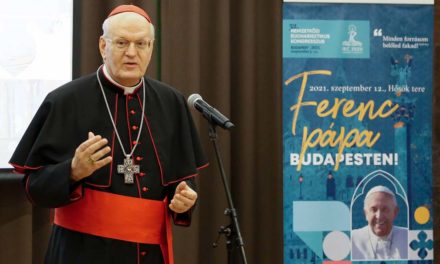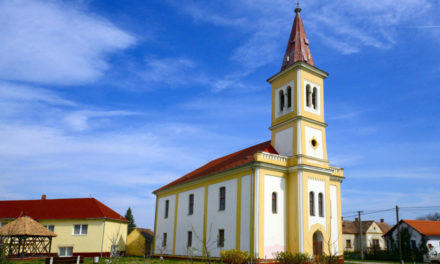If our goal with artificial intelligence is to be lazy five days a week and let the machines do everything for us, that will not be biblical - believes pastor Péter Bedekovics, scout leader, lecturer at the Károli Gáspár Reformed University (KRE), Budapest Pesterzsébet-Klapka tér Pastor of Református Egyházközség, who has been a member of KRE's Doctoral School of Religion since 2021, his research fields are practical theology and leadership. An interview with the pastor was published on the website of the Hungarian Reformed Church about the issue of artificial intelligence and faith. According to Péter Bedekovics, the biggest question is who do we put our trust in in crucial situations: in technology or in God?
According to him, many people believe that the Scriptures and Christianity are incompatible with modern, forward-looking technological development. However, God created us to improve ourselves and our environment, he entrusted the world to us, including technological immersion. Although technological change is not the focus of the Bible, there are many comments in its history that stand out, and he was also a witness to it.
The XXI. The danger of technological development in the 20th century is that people declare: they can do anything. You can keep a person alive for as long as you want, using a ventilator, using different technologies. He manipulates genes, repairs them, and makes weapons. It creates virtual worlds in which you can even become immortal. Through technology, man wants to move into a framework that shows his power, is independent of God, and perhaps even transcends the divine category. The tower builders of Babel were a little more precise in ancient times, but the goal is still the same in many cases today .The Scriptures call our attention to our motivations. What do we want to use the technology for, what tools do we use to achieve the goal? Is it ethical to use aborted fetuses for a new healing method? We do not have an easy situation on the topic of artificial intelligence either. Of course, the Holy Scriptures do not speak about it, but the Book of Psalms can show a direction: "these trust in chariots, those in horses; and we remember the name of the Lord, our God". Exact sciences are often contrasted with Scripture. It is worth thinking about when we come across apparent or real contradictions, which one do we choose as Christians? In whom or what do we put our ultimate trust? Answering this can bring about a subtle change in our approach to technology, not necessarily a radical one. Christianity is not about extremes, but about trying to see life from God's perspective.
Civilians Info: Regarding the pastor's opinion, we should notice something very important! The development of technique and technology, the view and research of the external, material world in general, did not absolve us from seeking the Lord and constantly begging for His mercy. Because " not a single hair can fall from my head without the will of my heavenly Father, and everything must serve my salvation." (Gospel of John 16:1-15)
Of course, faith in God is not an easy path. After all, everything seems to be outside of us, objectivity and positivism, faith in science, the arrival of HOMO Deus can open huge perspectives through the development of technology.
Recently, I heard from a mind active in organic culture that the heliocentric or any galactic worldview that puts the universe at the center of our thinking is very respectable, it can show very interesting results, but we live on earth and must focus on the geocentric worldview. With its scenery, mythology, spiritual connections, symbols, the search for and recognition of spiritual analogies. The visible world is maintained by invisible spiritual forces, from here the sun and stars, from there angels and demons.
It may be that our robots or artificial intelligence will live a galactic life, in principle they will be immortal and from this point of view capable of miracles, but for us the Earth is our home. Steven Hawking put it this way: it is likely that the entire universe with all its complicated structures was created in order to create the physical human being. (The Jesuit paleontologist Chardin de Teilhard also holds a similar opinion in his book The Human Phenomenon a century earlier.)
Or also from the British scientist: we may find out how the universe was created, but never why.
We need science, but we don't need hubris. We must know that we can only achieve the results that God gives us. We need to know where our limits are. After all, we have a task on this earth, which everyone must do one by one, and the Lord must account for it.
But the believer also knows that the visible and invisible things and events of life run parallel. A philosopher put it this way that essentially we never completely leave the afterlife. Only inner ways, prayer and grace can lead there.
In the eyes of God, the universe is a moment. His moment is reality. Because the past and the future do not exist, but have an extension, the moment exists, but does not have an extension. "According to Pascal."
Only faith is the only reality in which we can live in the presence of the Lord! Everything we feel and see is his outpouring.
the original, full interview HERE.
Source: Vasarnap.hu
Featured image: reformatus.hu












